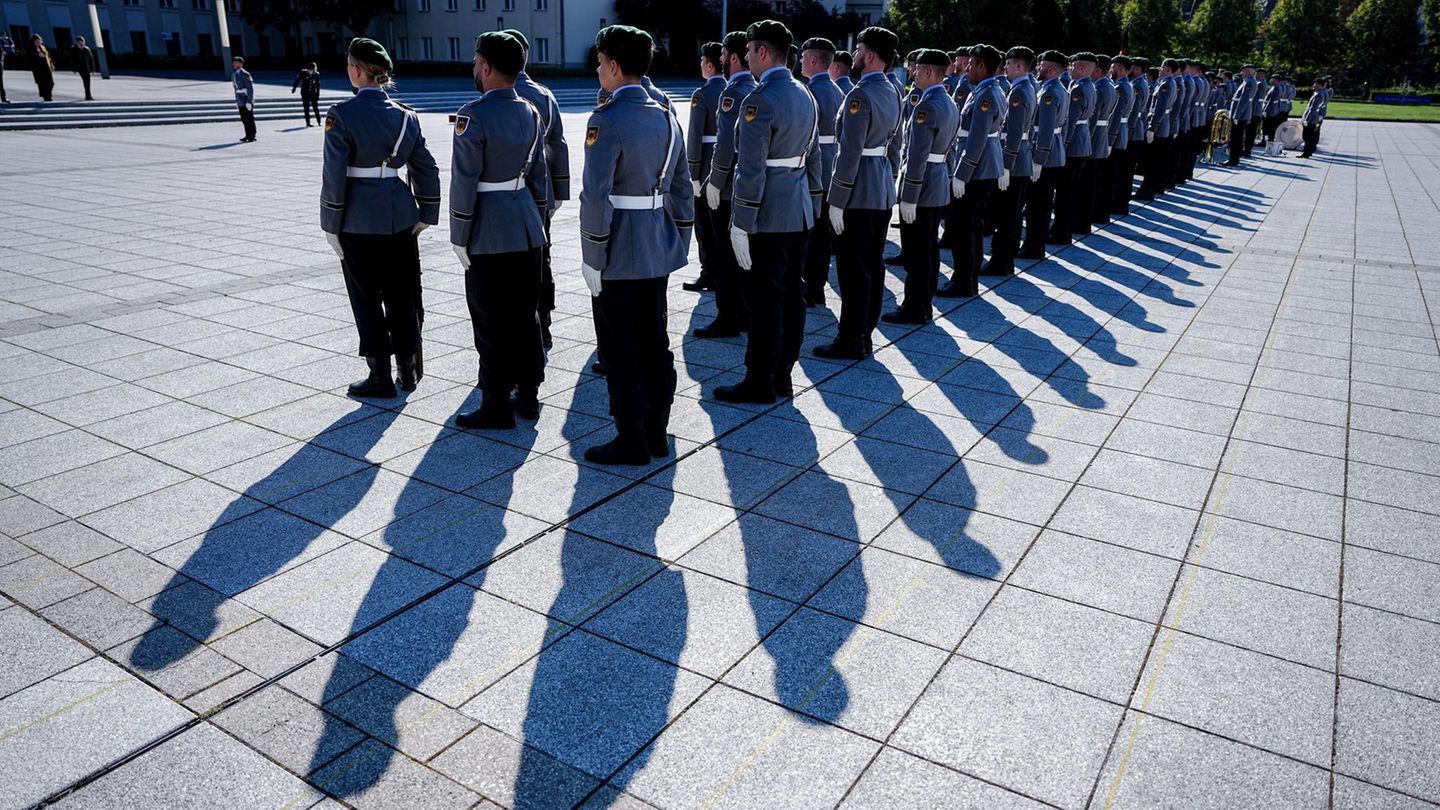15-year-old Lena (name changed, note) broke up with her boyfriend. He takes his revenge and posts photos of Lena on Snapchat and in large WhatsApp groups, as she lies lightly dressed on the bed, along with malicious, humiliating comments. Last year, the 15-year-old from Upper Austria was one of almost 5,500 children and young people who turned to the Upper Austrian Children and Youth Advocate for advice and help.
5500 consultations in the previous year
Cyberbullying, like hate speech on the internet and body shaming, is one of the most problematic phenomena young people are confronted with today, says Christine Winkler-Kirchberger, head of the Upper Austrian child and youth ombudsman’s office. The number of children and young people who contacted KiJa fell sharply in the first year of the corona pandemic, as can be seen from the KiJa activity report for 2019 to 2021.
While in 2019 there were still 4,848 children and young people who requested information from the KiJa Oberösterreich or took advantage of counseling sessions, a year later this number dropped to only around 4,000. But the following year, in 2021, the children’s advocate suddenly recorded almost 5,500 again Counseling and information talks.
Video: Also The number of young people seeking psychotherapeutic help in Upper Austria has increased significantly.
This video is disabled
Please activate the categories Performance Cookies and Functional cookies in your cookie settings to view this item. My cookie settings
Intense and complex
“Even before Corona, there were great concerns among young people, for example about the climate crisis,” said Winkler-Kirchberger at the presentation of the activity report together with Birgit Gerstorfer (SP), the state councilor responsible for child and youth welfare. Now the war in Ukraine has also been added. “The resilience limit is already very strained,” emphasized the KiJa leader.
The consultations have now become “more intensive and complex”. Every second young person speaks of depressive symptoms and fears. There are also eating disorders, the feeling of loneliness and, during the lockdowns, cases of domestic violence. There are public funds for therapies. “But child and adolescent psychiatry has not yet been expanded by the federal government,” criticizes Winkler-Kirchberger. The KiJa has been campaigning for the rights of young people for 30 years now and gives their interests an important socio-political voice.
Source: Nachrichten




